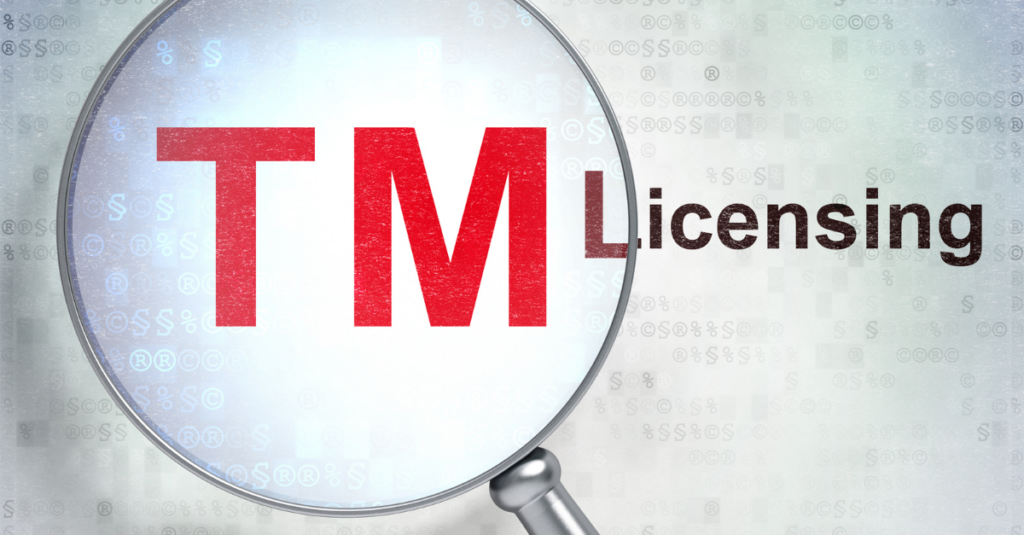Trademarks are source indicators that designate the person or entity that provides a particular product or service and can be valuable pieces of intellectual property. But what happens when a business undergoes changes, such as a sale or restructuring? Is it possible to license or assign a trademark? In this article, we will explore the various avenues for transferring the ownership of a trademark. Whether you’re a business owner contemplating a change, or an intellectual property attorney advising clients, understanding the intricacies of trademark assignments is key to achieving your business or legal objectives.
Understanding Trademark Ownership

Ownership of a trademark is not as straightforward as owning physical property. A trademark is a form of intellectual property that signifies the goodwill of a business and distinguishes its goods or services from those of others. Transferring the ownership of a trademark involves a legal procedure called an assignment, which may need to be recorded with the United States Patent and Trademark Office if it involves the transfer of a federal application or registration. Under certain circumstances, an assignment may occur either during the examination of a trademark application or after the trademark has been registered.
Proper documentation and legal procedures are essential when transferring a trademark. This is because the ownership of the trademark is closely tied to what is termed the “goodwill of the business,” a somewhat intangible asset that represents the trademark’s value in the marketplace. Because of the intricacies of trademark transfers, we highly recommend hiring an attorney to draft or at least review trademark assignments and transfer documentation.
Licensing a Trademark
In a licensing agreement, the original owner (licensor) grants permission to another party (licensee) to use the trademark under specific terms and conditions. Licensing allows trademark owners to maintain ownership rights while benefiting from future sales of the goods or services connected with the mark, and provides a flexible approach to leveraging your intellectual property, allowing you to adapt to changing market conditions and business goals.
There are various types of licensing agreements, each with its own set of rules and objectives. For instance, an exclusive license grants the licensee sole commercial rights to the trademark, while a non-exclusive license allows the mark to be used by multiple parties, including potentially the licensor. When a trademark is licensed, the licensor is responsible for ensuring that the goods or services meet the quality standards associated with the mark. If a licensor fails to maintain quality control over the use of its trademark, it could result in the trademark being deemed abandoned.
Assigning a Trademark
An assignment involves a complete transfer of the rights, title, and interest in the trademark to another entity. If a trademark has multiple owners, each will need to agree to the assignment. The assignment agreement should list all relevant details, which could include the trademark registration number, a description of the trademark, and the contact information for both the seller and the buyer.
Partial assignments are also possible. These allow for the transfer of ownership for specific goods or services associated with the trademark, rather than a complete transfer of all rights.
Schedule a Consultation with an Experienced IP Attorney
Whether you’re considering an assignment or exploring licensing options, it is highly recommended to consult with an experienced intellectual property attorney to ensure that your interests are protected. They can provide invaluable legal advice tailored to your specific situation and help you make informed decisions.
If you’re contemplating any form of trademark transfer, don’t go at it alone. Contact us to schedule a consultation, and our team of qualified IP attorneys will help guide you through the intricate legal landscape and help you achieve the best possible outcome.
About the Authors
Allison Imber is a Registered Patent Attorney who handles various patent, copyright, trade secret and trademark transactional matters. She has prosecuted numerous trademark and patent applications from availability searches to registration, and counsels business owners regarding intellectual property protection strategies.
Melissa Dangond is a Colombian-American, Miami native, who is fluent in both English and Spanish. She graduated cum laude from the University of Florida Levin College of Law with a Certificate in Intellectual Property and a Certificate in Environmental, Land Use, and Real Estate Law.

Share This



